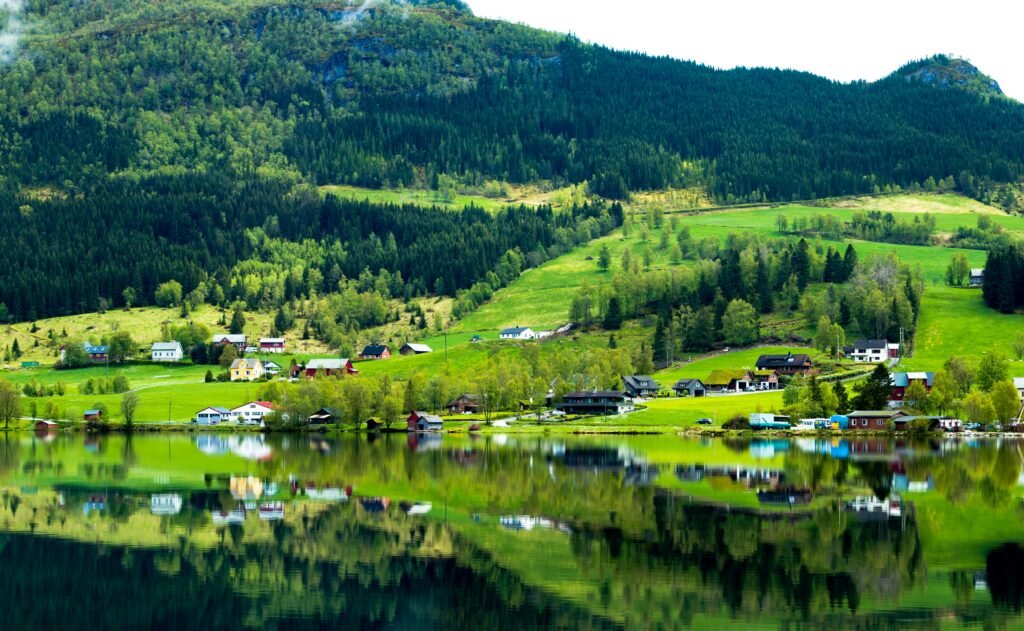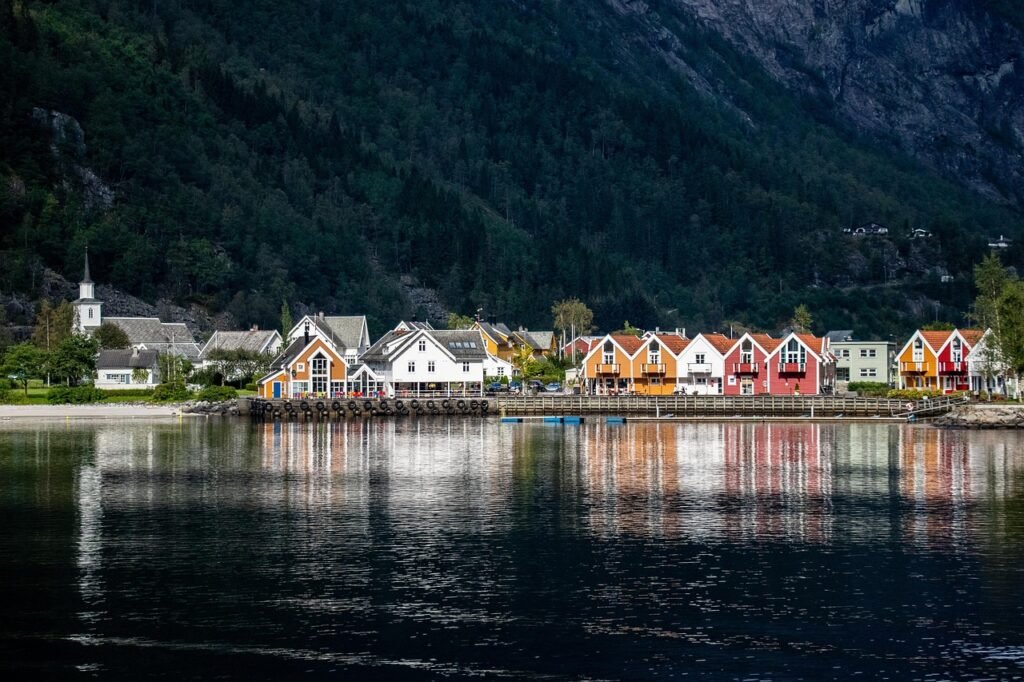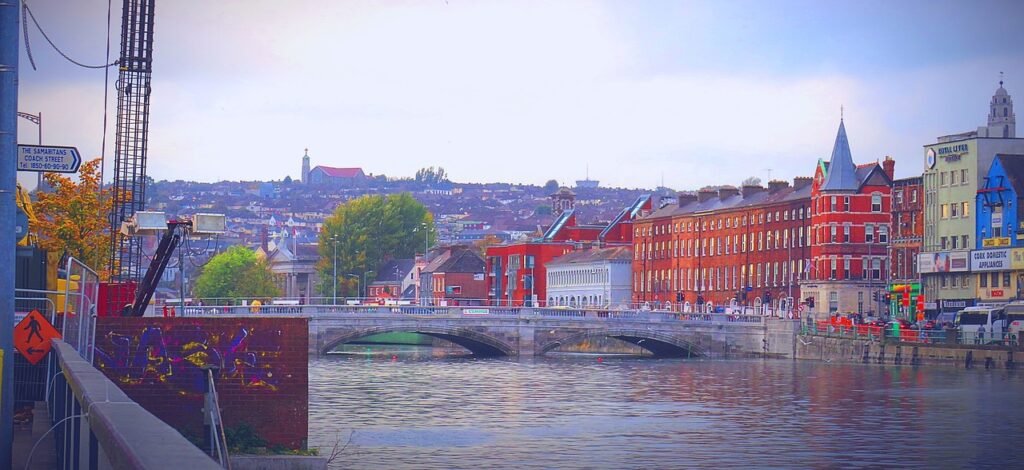Why Study in Croatia?
Croatia offers accessible, high-quality education in a beautiful and historically rich setting on the Adriatic coast. With a growing number of English-taught programs in fields like medicine, engineering, business, hospitality, and IT, Croatian universities are becoming an increasingly popular choice for international students. Tuition fees are relatively affordable compared to Western Europe, and the cost of living is moderate.
Students in Croatia benefit from strong academic standards, well-equipped universities, and a safe, student-friendly environment. Croatia’s EU membership and strategic location make it easy to travel across Europe and pursue future opportunities within the EU. Studying in Croatia can be a gateway to both personal development and professional growth, supported by various post-study residence and work pathways available to international graduates.
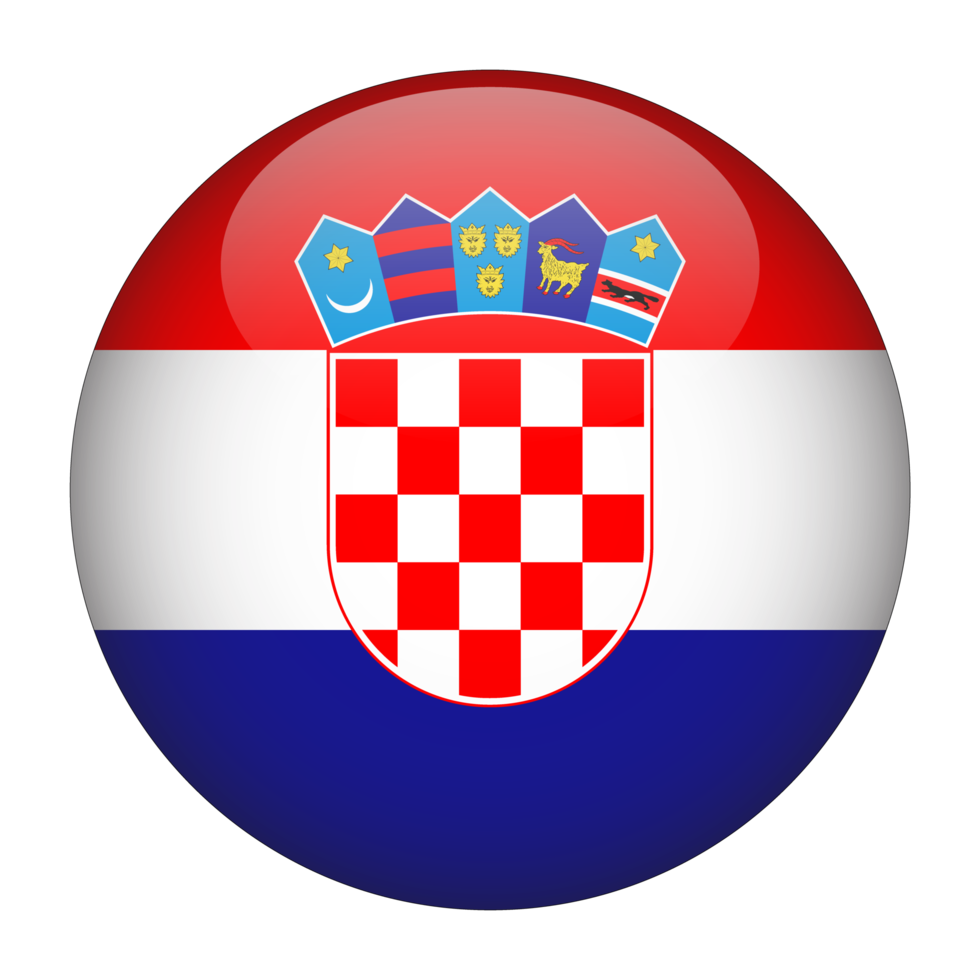
- Study in
Croatia
Study Programs in Croatia
🇭🇷 Study Programs in Croatia for International (including Bangladeshi) Students:
Schooling / Primary & Secondary Education
Croatia offers public, private, and international schools, especially in major cities like Zagreb, Split, and Rijeka. International and bilingual schools follow British, American, or IB (International Baccalaureate) curricula. Public education is free for residents and EU citizens, while international students typically enroll in private or international schools with tuition fees.
Diploma & Vocational Programs
Vocational and technical education in Croatia is available through secondary vocational schools and post-secondary institutions. Programs focus on practical skills in areas like tourism and hospitality, IT, mechanical engineering, healthcare, and business. These programs are well-suited for students seeking direct entry into the workforce.
Bachelor’s Degrees
Croatian universities and polytechnics offer a wide range of English-taught undergraduate programs. Popular disciplines include medicine, tourism and hospitality, business administration, computer science, and engineering. Degrees follow the Bologna Process and are recognized across the EU.
Master’s Degrees
Croatia’s master’s programs are offered at public universities and polytechnics, many of which provide English-medium instruction. Common fields include international relations, economics, environmental sciences, engineering, public health, and maritime studies. Tuition fees are generally lower than in many Western European countries.
PhD Programs
Doctoral programs in Croatia follow EU academic and research standards. They are available at universities in disciplines such as natural sciences, humanities, engineering, and social sciences. Many PhD programs include opportunities for funded research and academic collaboration with European institutions.

- Study in
Croatia
Step-by-Step Guide
🇭🇷 Step 1: Research Universities and Programs
Explore Croatian universities that offer English-taught or Croatian-medium programs. Focus on institutions that align with your academic goals. Popular fields for international students include medicine, tourism and hospitality, business, engineering, computer science, and maritime studies.
🇭🇷 Step 2: Check Eligibility Requirements
Review academic admission criteria, language requirements (such as IELTS/TOEFL for English programs, or Croatian language exams if applicable), GPA thresholds, and any program-specific prerequisites.
🇭🇷 Step 3: Prepare and Submit Applications
Apply through the university’s official website or the Central Application System for Higher Education in Croatia (Postani Student). Submit necessary documents such as transcripts, motivation letter, recommendation letters, CV, and proof of language proficiency. Certified translations into English or Croatian may be required.
🇭🇷 Step 4: Explore Scholarships & Funding Options
Look into scholarships offered by Croatian universities, the Croatian government, Erasmus+, and other EU-based programs. Some universities may offer tuition discounts or fee waivers for international students, especially from non-EU countries.
🇭🇷 Step 5: Receive Offer and Accept Admission
Once admitted, follow the institution’s instructions to confirm your seat. Pay any required tuition deposit or administrative fees to complete your enrollment.
🇭🇷 Step 6: Apply for Student Visa (Type D)
Apply for a Croatian long-term stay visa (Type D) at the Croatian Embassy in Dhaka. You’ll need your admission letter, financial means (to cover tuition and approx. €500–€700/month for living), accommodation proof, valid health insurance, a police clearance certificate, and a medical certificate.
🇭🇷 Step 7: Arrange Accommodation and Insurance
Organize your housing—either university dormitories or private rentals. Obtain valid health insurance that meets Croatian visa and immigration standards for international students.
🇭🇷 Step 8: Plan Travel and Arrival
After receiving your visa, book your flight to Croatia. Carry all important documents including your visa, admission letter, accommodation confirmation, and financial documents. Attend any orientation or pre-departure sessions offered by your university.

- Study in
Croatia
Explore Our Partner Universities
Rochester Institute of Technology Croatia
Vern University
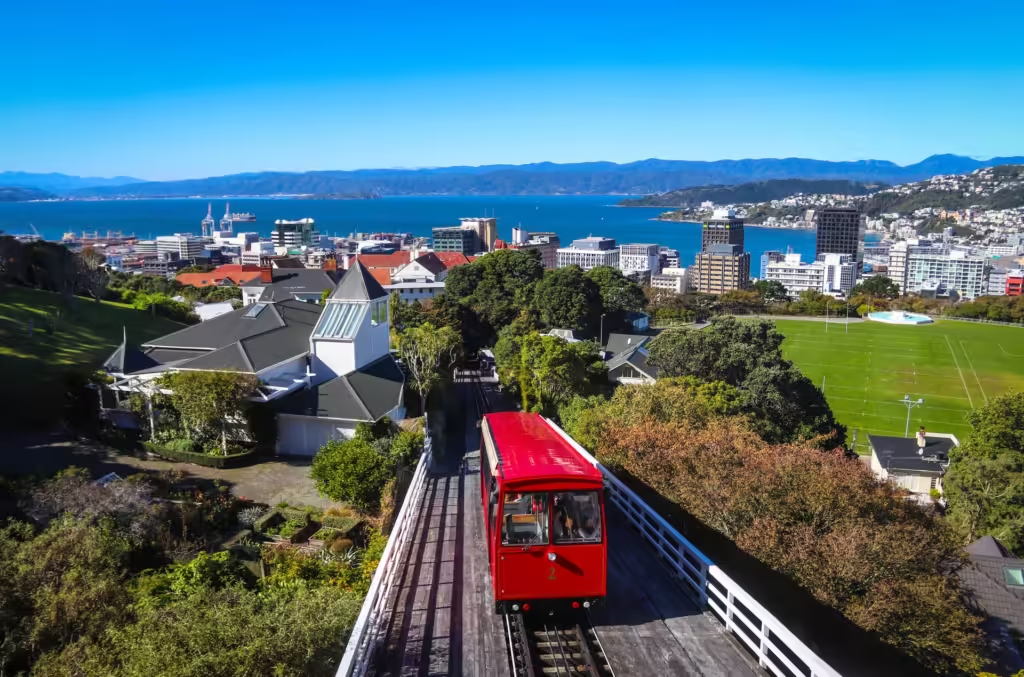

- Study in
Croatia
Average Tuition Fees in Croatia (2025)
Primary & Secondary School (International Schools)
€3,000 – €10,000 per year
International and bilingual schools in Croatia follow British, American, or IB curricula and are mainly located in cities like Zagreb and Split. Public schools are free but the language of instruction is Croatian, which may not be suitable for international students without prior language training.
Bachelor’s Degree (Public Universities)
€1,500 – €4,000 per year
Tuition fees depend on the field of study and university. Arts, humanities, and social sciences are generally more affordable, while medical, engineering, and technical programs tend to be more expensive. Many programs are offered in English.
Master’s Degree (Public Universities)
€2,000 – €5,000 per year
Croatia offers a growing number of English-taught master’s programs. Tuition varies by discipline, with business, engineering, and science programs often costing more. EU and EEA students may pay lower fees than non-EU students.
PhD Programs (Public Universities)
€1,000 – €3,500 per year
Doctoral programs are research-intensive and follow EU academic standards. Scholarships or funded research positions may be available through institutional, government, or Erasmus+ schemes.
Private Universities / Business Schools (All Levels)
€5,000 – €12,000+ per year
Private institutions and specialized business schools in Croatia charge higher tuition fees. Costs vary based on the institution, program specialization, and degree level. MBA programs and executive education may exceed €15,000 per year.
Visa Categories for Study in Croatia

Short‑Stay Student Visa (Type C – Schengen Visa)
Designed for courses or programs lasting up to 90 days, such as language classes, summer schools, or short exchange programs

Long‑Stay Student Visa (Type D – National Visa)
For degree-seeking or long-term academic programs (over 90 days).
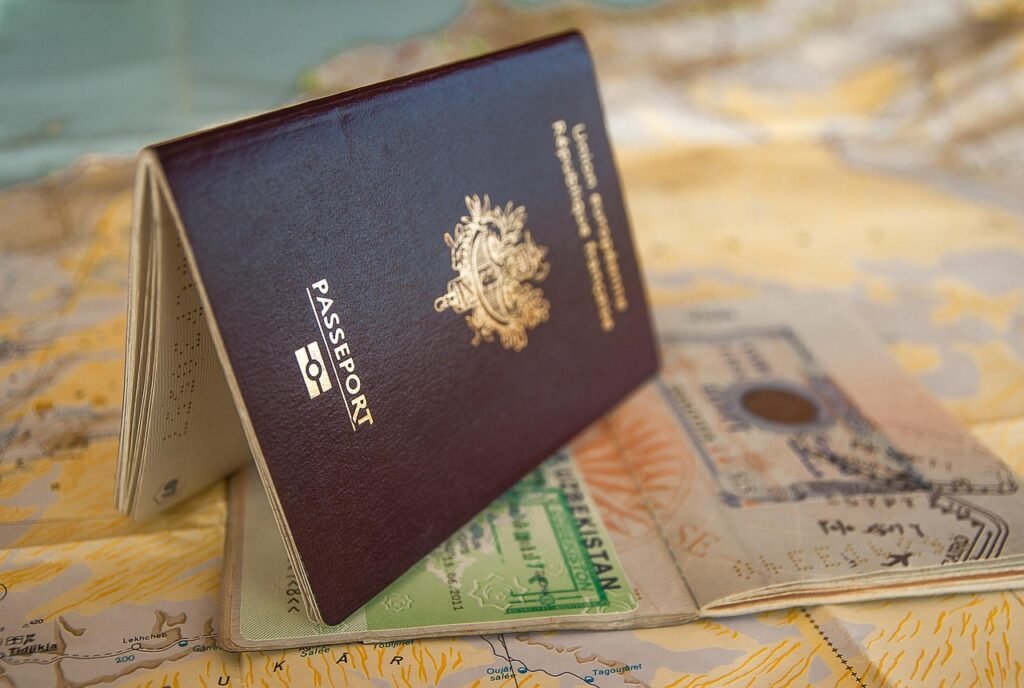
Visa Application Checklist
🇭🇷 Croatia Student Visa Application Checklist (Bangladesh)
Completed Application Form
Filled and signed National Visa (Type D) application form. The form should be completed online and then printed for submission.
Valid Passport
Must be valid for at least 3 months beyond the intended stay in Croatia and contain at least two blank pages. The passport must have been issued within the last 10 years.
Admission Letter
Official acceptance letter from a Croatian university or accredited higher education institution confirming full-time enrollment.
Proof of Financial Means
Evidence that you can financially support yourself during your stay. This may include:
– Recent bank statements showing sufficient funds (typically at least €3,100 for a year),
– Scholarship award letters, or
– Financial guarantee from a parent/sponsor.
Proof of Accommodation
Documents showing where you will stay in Croatia, such as a dormitory confirmation, rental agreement, or an invitation letter from a host with full address details.
Passport Photos
One or two recent biometric passport-sized photographs (35mm x 45mm) as per Croatian visa photo specifications.
Travel Itinerary
Tentative flight reservation or travel plan (optional but recommended).
Health Insurance
Proof of valid travel or health insurance covering at least €30,000 for your entire stay in Croatia and the Schengen area.
Academic Certificates and Transcripts
Copies of previous educational qualifications including diplomas, transcripts, and school leaving certificates relevant to your intended study program.
Language Proficiency Proof
If required by the university, submit proof of English (e.g., IELTS/TOEFL) or Croatian language proficiency, depending on the language of instruction.
Police Clearance Certificate
Certificate of good conduct issued by the Bangladesh Police. It must be apostilled and translated into English or Croatian if not already in either language.
Medical Certificate
A document issued by a registered physician stating that you are in good health and free from contagious diseases (translated if not in English).
Parental Consent (If under 18 years old)
Notarized written consent from both parents or legal guardians, translated into English or Croatian.
Cover Letter
A personal statement explaining your motivation to study in Croatia, your financial means, and future plans.
Payment Receipt of Visa Fee
Proof of visa application fee payment (approx. €60–€75 or equivalent in BDT), along with any service or courier fees charged by the Visa Application Centre.
Biometric Data Submission
Attend in person at the Croatian Embassy or authorized Visa Application Centre in Dhaka to provide biometric data (fingerprints and photograph).
After Arrival in Croatia – Residence Permit Application
Within 3 days of arriving in Croatia, you must apply for a Temporary Residence Permit at the local police station. Required documents include:
– Completed Form 1a,
– Passport and visa copies,
– Proof of financial means, accommodation, health insurance, medical certificate, and police clearance,
– One biometric photo (35mm x 45mm).
Additional Notes:
– All documents not in English or Croatian must be officially translated by a certified translator.
– Originals may be requested during the visa interview or residence permit process.
– Carry both originals and photocopies of all submitted documents.
– Visa processing time may take 4 to 6 weeks or more. Early application is advised.

- Study in
Croatia
Job and PR Pathways After Study
🇭🇷 Job and PR Pathways After Study in Croatia
Post-Study Stay and Job Search
After completing a higher education program in Croatia, international students can apply to extend their temporary residence permit for up to one year for the purpose of job hunting or starting a business. This provides graduates time to find employment or set up a venture aligned with their field of study.Employment Opportunities
Croatia’s developing economy and EU membership create employment prospects in sectors such as IT, tourism, hospitality, engineering, healthcare, education, and logistics. While Croatian is the main language in the workplace, English-speaking jobs are available in international companies, especially in urban areas like Zagreb, Split, and Rijeka.Work Permit (Temporary Residence for Employment)
Upon receiving a job offer, graduates must apply for a temporary residence permit based on employment. The job must match your educational background, and the employer typically assists with documentation. Croatia does not issue separate work permits — the residence permit serves both purposes.Permanent Residency (Long-Term Residence Permit)
You can apply for permanent residency in Croatia after 5 years of continuous legal stay, which can include time spent as a student (under certain conditions). This permit grants the right to live and work in Croatia indefinitely, with fewer administrative restrictions.Pathway to Croatian Citizenship
Citizenship may be applied for after 8 years of continuous residence, provided you meet additional conditions such as demonstrating knowledge of the Croatian language, culture, and legal system. Naturalization also requires integration into Croatian society and renouncing prior citizenship in most cases.

- Study in
Croatia
Our Support During the Process
We’re with you at every step — from your first consultation to settling into life in Croatia and beyond, ensuring a smooth, informed, and successful journey.
Personalized consultation at every stage — We take the time to understand your academic goals, financial background, and personal preferences to guide you toward the best-fit study options in Croatia.
One-on-one support for admission, visa, and travel — Receive dedicated assistance with university applications, document preparation, student visa submissions, and travel planning to Croatia.
Always accessible — Connect with us via call, WhatsApp, email, or in person — whichever communication method works best for you.
Regular updates, reminders, and document reviews — Stay on track with timely updates, important deadline alerts, and expert review of your application documents to minimize errors or delays.
Post-arrival check-ins and alumni mentoring — We continue our support after you arrive in Croatia, offering guidance and linking you with alumni who have successfully settled there.
Support for job search and PR planning — Get tailored advice on finding jobs in Croatia, preparing your CV/resume, and exploring post-study work permits and long-term residency options.

